Many cases of tiredness are due to stress, not enough sleep, poor diet and other lifestyle factors. Try these self-help tips to restore your energy levels.
If you feel you're suffering from fatigue, which is an overwhelming tiredness that isn't relieved by rest and sleep, you may have an underlying medical condition. Consult a GP for advice.
A good way to keep up your energy through the day is to eat regular meals and healthy snacks every 3 to 4 hours, rather than a large meal less often.
Read more about healthy eating.
You might feel that exercise is the last thing on your mind. But, in fact, regular exercise will make you feel less tired in the long run, so you'll have more energy.
Even a single 15-minute walk can give you an energy boost, and the benefits increase with more frequent physical activity.
Start with a small amount of exercise. Build it up gradually over weeks and months until you reach the recommended goal of 2 hours 30 minutes of moderate-intensity aerobic exercise, such as cycling or fast walking, every week.
Read more about starting exercise.
Find out the physical activity guidelines for adults.
If your body is carrying excess weight, it can be exhausting. It also puts extra strain on your heart, which can make you tired. Lose weight and you'll feel much more energetic.
Apart from eating healthily, the best way to lose weight and keep it off is to be more active and do more exercise.
Read more about how to lose weight.
Many people don't get the sleep they need to stay alert through the day.
The website of the Royal College of Psychiatrists has information on sleeping well.
Tips for sleeping well include:
Stress uses up a lot of energy. Try to introduce relaxing activities into your day. This could be:
Whatever relaxes you will improve your energy.
Read more about how to relieve stress.
There's some evidence that talking therapies such as counselling or cognitive behavioural therapy (CBT) might help to fight fatigue, or tiredness caused by stress, anxiety or low mood.
See a GP for a referral for talking treatment on the NHS, or for advice on seeing a private therapist.
The Royal College of Psychiatrists recommends that anyone feeling tired should cut out caffeine. It says the best way to do this is to gradually stop having all caffeine drinks over a 3-week period.
Caffeine is found in:
Try to stay off caffeine completely for a month to see if you feel less tired without it.
You may find that not consuming caffeine gives you headaches. If this happens, cut down more slowly on the amount of caffeine that you drink.
Although a couple of glasses of wine in the evening can help you fall asleep, you sleep less deeply after drinking alcohol. The next day you'll be tired, even if you sleep a full 8 hours.
Cut down on alcohol before bedtime. You'll get a better night's rest and have more energy.
The NHS recommends that men and women should not regularly drink more than 14 units a week, which is equivalent to 6 pints of average-strength beer or 10 small glasses of low-strength wine.
Try to have several alcohol-free days each week.
Read more about how to cut down on alcohol.
Sometimes you feel tired simply because you're mildly dehydrated.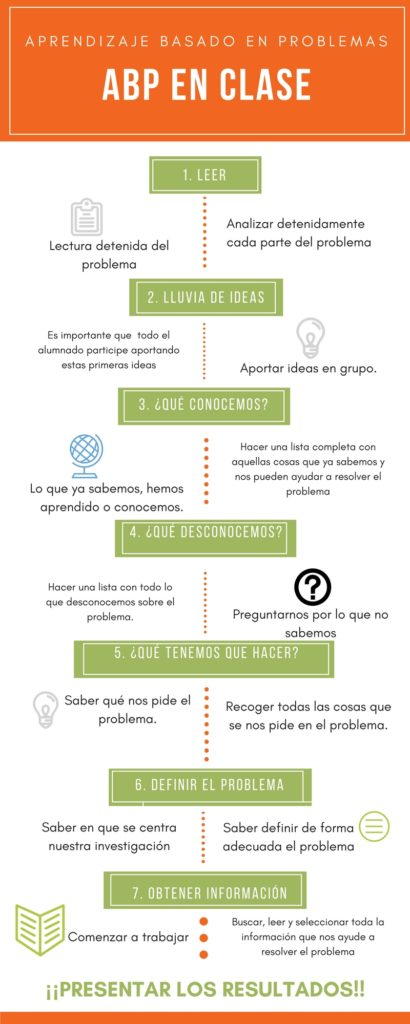 A glass of water will do the trick, especially after exercise.
A glass of water will do the trick, especially after exercise.
Read about healthy drinks.
Running on fumes? Here's how to stop feeling so tired all the time.
Written by Peter Jaret
You’re only as old as you feel, the saying goes. But what if you feel old, tired, and rundown?
Fatigue is a common complaint, especially after people hit middle age. Fortunately, there are plenty of simple ways to boost energy. Some even slow the aging process.
Here’s how to refill your tank when your energy levels sputter.
Fatigue is a common symptom of many illnesses, including diabetes, heart disease, arthritis, anemia, thyroid disease, and sleep apnea. Talk to your doctor if you feel unusually tired.
Many medications can contribute to fatigue. These include some blood pressure medicines, antihistamines, diuretics, and other drugs. If you begin to experience fatigue after starting a new medication, tell your doctor.
If you begin to experience fatigue after starting a new medication, tell your doctor.
The last thing you may feel like doing when you’re tired is exercising. But many studies show that physical activity boosts energy levels.
“Exercise has consistently been linked to improved vigor and overall quality of life,” says Kerry J. Stewart, professor of medicine and director of clinical and research exercise physiology at Johns Hopkins University School of Medicine. “People who become active have a greater sense of self-confidence. But exercise also improves the working efficiency of your heart, lungs, and muscles,” Stewart says. “That’s the equivalent of improving the fuel efficiency of a car. It gives you more energy for any kind of activity.”
Although almost any exercise is good, yoga may be especially effective for boosting energy. After six weeks of once-a-week yoga classes, volunteers in a British study reported improvements in clear-mindedness, energy, and confidence.
It’s never too late to try, either. University of Oregon researchers offered yoga instruction to 135 men and women ages 65 to 85. At the end of six months, participants reported an increased sense of well-being and a boost in overall energy.
Dehydration zaps energy and impairs physical performance. “Our research shows that dehydration makes it harder for athletes to complete a weight lifting workout,” says Dan Judelson, PhD, assistant professor of kinesiology at California State University at Fullerton. "It’s reasonable to think that dehydration causes fatigue even for people who are just doing chores."
Dehydration has also been shown to decrease alertness and concentration.
How to know if you’re drinking enough water?“Urine should be pale yellow or straw colored,” Judelson says. “If it’s darker than that, you need to drink water.”
Lack of sleep increases the risk of accidents and is one of the leading causes of daytime fatigue. The solution: Get to bed early enough for a full night’s sleep.
The solution: Get to bed early enough for a full night’s sleep.
When people enrolled in a 2004 Stanford University study were allowed to sleep as long as they wanted, they reported more vigor and less fatigue. Good sleep habits may also have important health benefits. Centenarians report better than average sleep.
If you do fall short on shut-eye, take a brief afternoon nap. Napping restores wakefulness and promotes performance and learning. A 10-minute nap is usually enough to boost energy. Don’t nap longer than 30 minutes, though, or you may have trouble sleeping that night. A nap followed by a cup of coffee may provide an even bigger energy boost, according to the American Academy of Sleep Medicine.
Good for your heart, omega-3 oils may also boost alertness. According to a 2009 study by scientists at Italy’s University of Siena, volunteers who took a fish oil capsule for 21 days demonstrated faster mental reaction times. They also reported feeling more vigorous.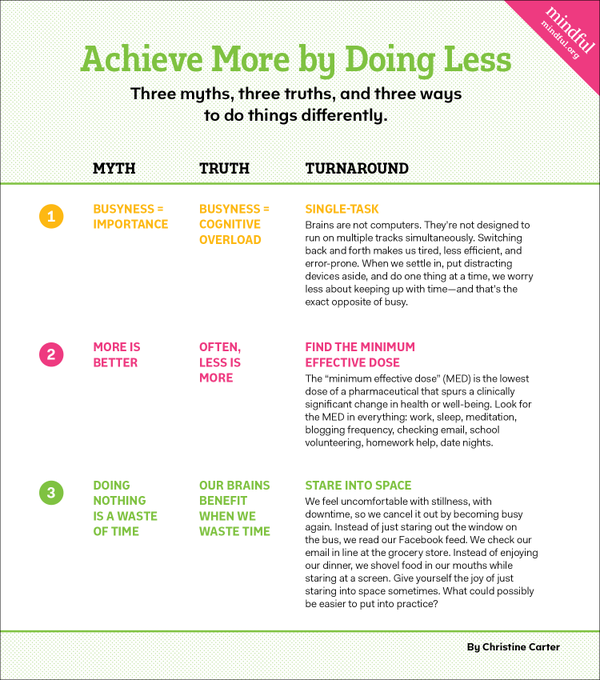
Some people get a burst of energy first thing in the morning. They're often called morning larks. Night owls are people who are at their best at the end of the day.
These individual differences in daily energy patterns are determined by brain structure and genetics, so they can be tough to change. Instead, become aware of your own circadian rhythms. Then schedule demanding activities when your energy levels are typically at their peak.
Losing extra weight can provide a powerful energy boost, says Stewart, of Johns Hopkins University. Even small reductions in body fat improve mood, vigor, and quality of life.
Most weight loss experts recommend cutting back on portion sizes, eating balanced meals, and increasing physical activity.
Some people may benefit by eating smaller meals more frequently during the day. This may help to steady your blood sugar level.
Favor whole grains and other complex carbohydrates.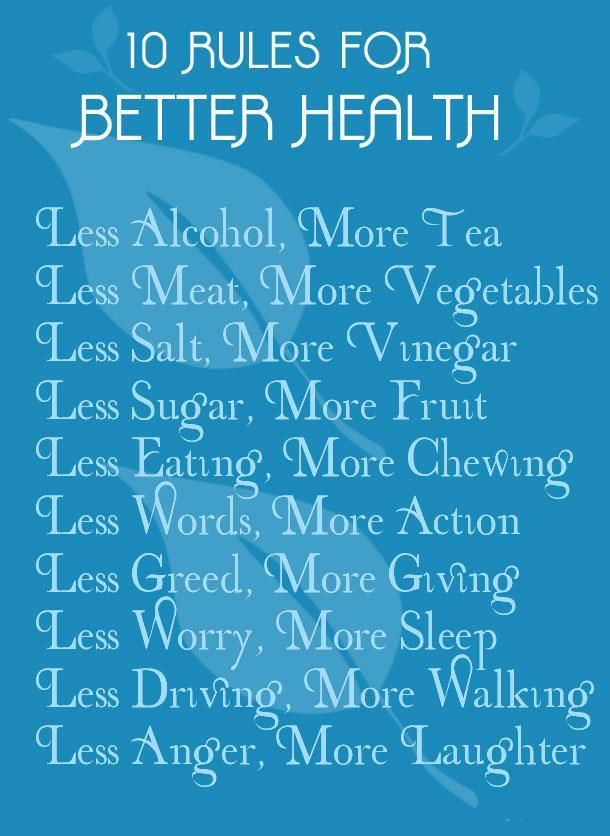 These take longer than refined carbohydrates to digest, preventing fluctuations of blood sugar.
These take longer than refined carbohydrates to digest, preventing fluctuations of blood sugar.
If you start eating more often, watch your portion sizes to avoid weight gain.
Anna Sokolova
full of energy
Author profile
Even if you work sitting at the computer, this does not mean that by the end of the day you will not die of fatigue.
Fatigue appears not only from physical work. And not only because of the large number of cases. It may also indicate that you have not replenished the resources of the body, have distributed the load incorrectly, or do not see much point in what you are doing. Life in constant stress and work in emergency mode is harmful to health and leads to burnout. Let's talk about how to save energy.
Psychologists have a hypothesis about why mental work is so exhausting. If a task doesn’t particularly excite us, the brain has to put in a lot of effort to focus on it.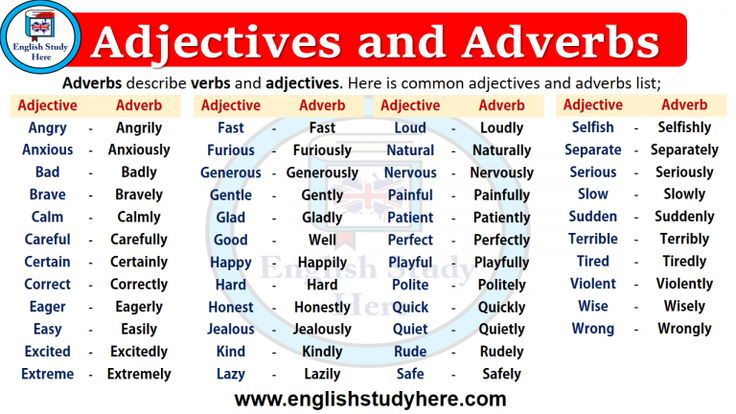 And there is a lot of interesting things around - from news and Internet discussions to new collections of your favorite brands. This constant struggle with temptations exhausts a person. But without it it is impossible - otherwise the work will not be done.
And there is a lot of interesting things around - from news and Internet discussions to new collections of your favorite brands. This constant struggle with temptations exhausts a person. But without it it is impossible - otherwise the work will not be done.
This version is partly confirmed by a study conducted several years ago in Canada. Scientists monitored the condition of 156 students for a week: they constantly asked what they were doing, how they felt, what they really wanted at the moment, how much effort they had to make in order not to follow these desires and continue to study. It turned out that the more temptations the students had to resist, the more tired they felt.
/no-willpower/
How can the weak-willed and lazy survive? Molecular biologist Irina Yakutenko answers
According to one of the authors of the study, psychologist Michael Inzlicht, this phenomenon has an evolutionary explanation. In order to survive, a person as a species all the time needs to do something: sleep, look for partners for procreation, get food, clothes - and so on ad infinitum.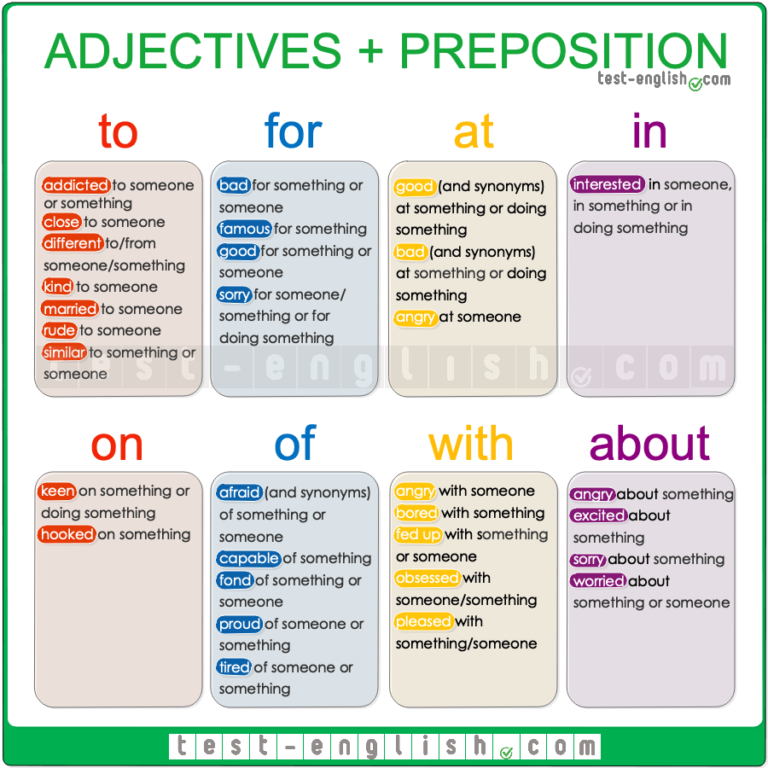 And if at some point he forgets about one of these tasks, then he simply will not survive. Therefore, the body has developed a biological mechanism that makes us switch from one to another. The psychological fatigue that we feel by the end of the working day is a signal that it is time to switch to another activity.
And if at some point he forgets about one of these tasks, then he simply will not survive. Therefore, the body has developed a biological mechanism that makes us switch from one to another. The psychological fatigue that we feel by the end of the working day is a signal that it is time to switch to another activity.
Tip 1
Increase your motivationIn 2019, British scientists published the results of a study in which they observed the behavior, physical and psychological state of 100 nurses during their 12-hour shift. And as a result, an important correlation was found: those nurses who were more involved in their work, knew that something depended on them, and received inner satisfaction in the process, were more energetic and less exhausted than the rest.
The explanation is simple: if we consider our work to be really important, then we are more motivated to do it and it is more difficult for us to get distracted. This means that the brain does not lose interest in it and gets less tired.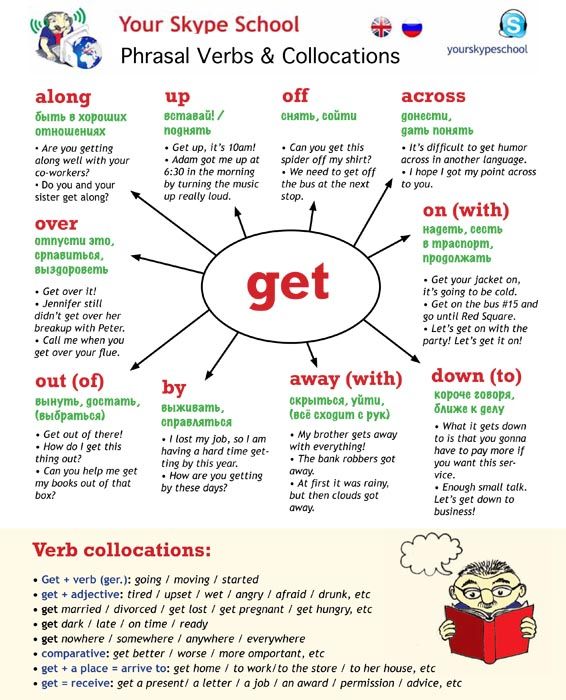
/hate-work/
Why people don't quit jobs they hate
To increase your motivation, try this exercise: at the end of each working day, for a couple of minutes, reflect on how your work is useful for others. If helping others is not part of your duties, remember that work allows you to pay for housing, feed and clothe loved ones, and financially support older relatives.
This simple action will have a beneficial effect on more than just your motivation. According to research by psychologists Adam Grant and Sabine Sonnentag, people who are clearly aware of the impact their work has on others tend to be less distracted while doing it. And in general, they feel happier and more satisfied with life.
Tip 2
Don't get distracted too often The human brain is not a computer. It's not designed for multitasking. Therefore, when the brain has to do several things at the same time, it spends too many resources.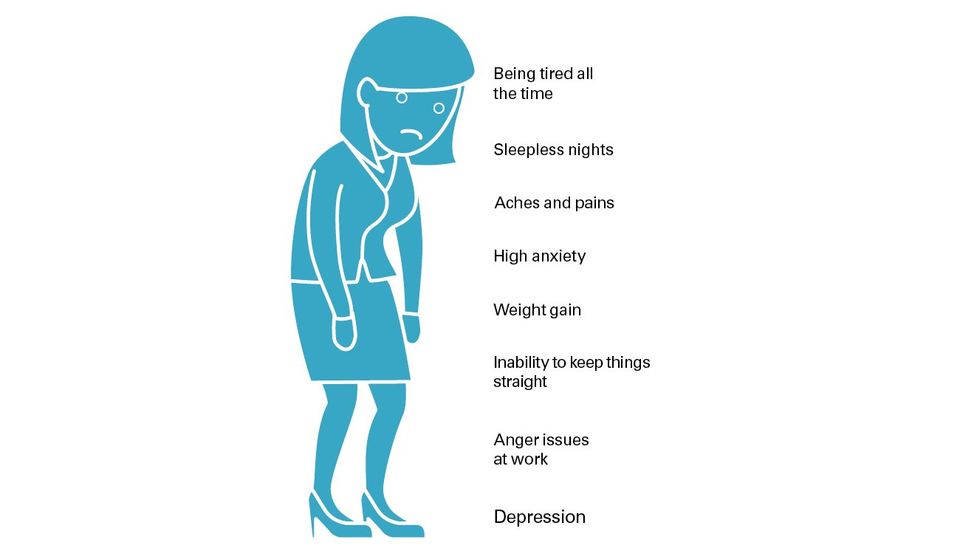 And as a result, he gets more tired and starts making more mistakes.
And as a result, he gets more tired and starts making more mistakes.
How can I fix this?
 Open only the tabs you need in your browser. And when you're done with them, close them immediately. And even better, if there is a financial opportunity, use the laptop only for work - install only the applications necessary for the business and do not log in to social networks. For everything else, get another laptop.
Open only the tabs you need in your browser. And when you're done with them, close them immediately. And even better, if there is a financial opportunity, use the laptop only for work - install only the applications necessary for the business and do not log in to social networks. For everything else, get another laptop. /how-to-focus/
5 tips to quickly focus on work
Tip 3
Take BreaksResearch shows that several regular but short breaks throughout the day can be better for rejuvenation, cognition and stress reduction than one long one. In 2014, specialists from DeskTime, a developer of time tracking software, analyzed the data of many users and found out that the most efficient ones worked in cycles. They immersed themselves in tasks for 52 minutes, and then disconnected from tasks for 17 minutes.
These data correlate with the modern ideas of scientists about the basic cycle of rest - activity: at night, on average, the body goes through all five phases of sleep in 90 minutes, and during the day it experiences a peak of activity at the same time, followed by 15-20 minutes of decline.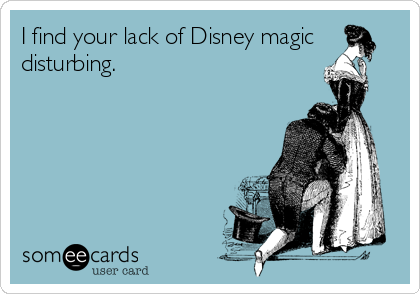 And it is better to spend them on rest.
And it is better to spend them on rest.
/chill-out/
How to rest: 5 tips
Things to do during a 15-minute break:
What not to do during mini-breaks? Check social networks and messengers. This can deprive the rest of the strength. According to researchers from the American Psychological Association, excessive use of gadgets increases stress levels and greatly spoils mood.
Tip 4
Start working lessIt often happens that fatigue at work is not due to psychological problems. But simply because you are overwhelmed. In this case, all the previous tips are unlikely to help you. There is only one way out: discuss with the manager.
 And do not be afraid that such behavior will negatively affect your career. Research tells us that bosses often don't pay attention to how often employees overwork, and do not consider it necessary to somehow reward it.
And do not be afraid that such behavior will negatively affect your career. Research tells us that bosses often don't pay attention to how often employees overwork, and do not consider it necessary to somehow reward it. /time-to-rest/
“I close my laptop and start living”: 7 ways to quickly switch from work to leisure
Tip 5
Take care of yourselfWhen the resources of the body are at zero, it is difficult to cope even with work that does not require serious mental effort, and fatigue sets in faster. Therefore, it is so important to regularly recover physically.
The rules are simple:
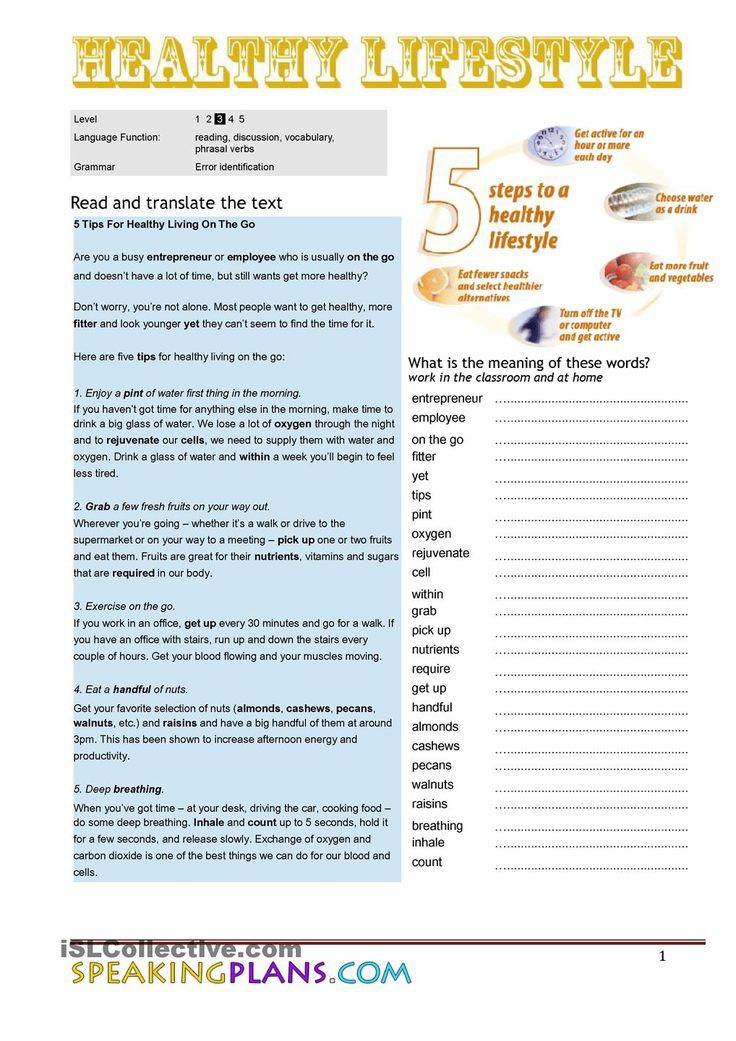 Studies show that an adult needs 7-9 hours of sleep a day. This is the minimum task. The maximum task is to observe sleep hygiene: even on weekends, go to bed and get up at the same time, do not exercise two hours before bedtime, do not eat or use gadgets. These basic rules will help make your sleep better, which means that in the morning you will wake up alert, full of energy and in a good mood.
Studies show that an adult needs 7-9 hours of sleep a day. This is the minimum task. The maximum task is to observe sleep hygiene: even on weekends, go to bed and get up at the same time, do not exercise two hours before bedtime, do not eat or use gadgets. These basic rules will help make your sleep better, which means that in the morning you will wake up alert, full of energy and in a good mood. 
10 ways to unwind before bed
According to the World Health Organization, adults need 150-300 minutes of moderate exercise or 75-150 minutes of vigorous aerobic exercise to maintain good health.
/sport-every-day/
5 tips on how to make physical activity a part of life
We work more and more, and rest less and less - this the fact is confirmed by statistics. And if we have a day off, we use this time inefficiently, so fatigue grows. It takes away the joy of life, and sometimes health. How to break this vicious circle? How not to get tired?
You must also be able to rest.
Scientists agree that effective relaxation needs to be studied. And at this level we have a lot of debt. We cannot rest daily or on vacation. Although in our country, full-time employees are entitled to 26 days of paid leave annually, many do not take advantage of this because. no strength to go anywhere
And at this level we have a lot of debt. We cannot rest daily or on vacation. Although in our country, full-time employees are entitled to 26 days of paid leave annually, many do not take advantage of this because. no strength to go anywhere
We prefer to spend our free time at work. After such a vacation, we are even more tired. Our efficiency drops, we become less creative. Duties become more stressful as they require more time and energy than they would if we were resurrected.
Small changes make a big difference.
So how do you break out of the vicious cycle of fatigue? How not to get tired? First, it is worth looking at how we think about our lives. If we often use the words “I must”, “I must”, this is a signal that we live under the pressure of performing subsequent tasks, which creates stress and fatigue. It's time to think about what gives us pleasure and how to save time on it. It is good to learn how to delegate responsibilities to colleagues or family members. We really don't have to do everything ourselves
We really don't have to do everything ourselves
In addition, regardless of the type of work and the multitude of tasks, you need to make time for rest in your schedule. It is best to spend on your favorite sports, other than phone and computer, with people outside the professional circle. This trampoline makes our batteries charge faster. However, this only happens when we enjoy what we do and can be moderate. A series of social events, or climbing a black path in the case of people who rarely go to the mountains, can make us even more strain our strength and health.
Sleep instead of eating sweets.
Therefore, if we feel that our best recovery lies in bed, let's go to bed without feeling guilty about exercising. We also need to remember that getting the right amount of sleep is important for good health. Its deficiency causes headaches, concentration problems, and abnormal levels of hormones such as ghrelin and leptin.
The first is responsible for the feeling of hunger, and the second - for satiety.